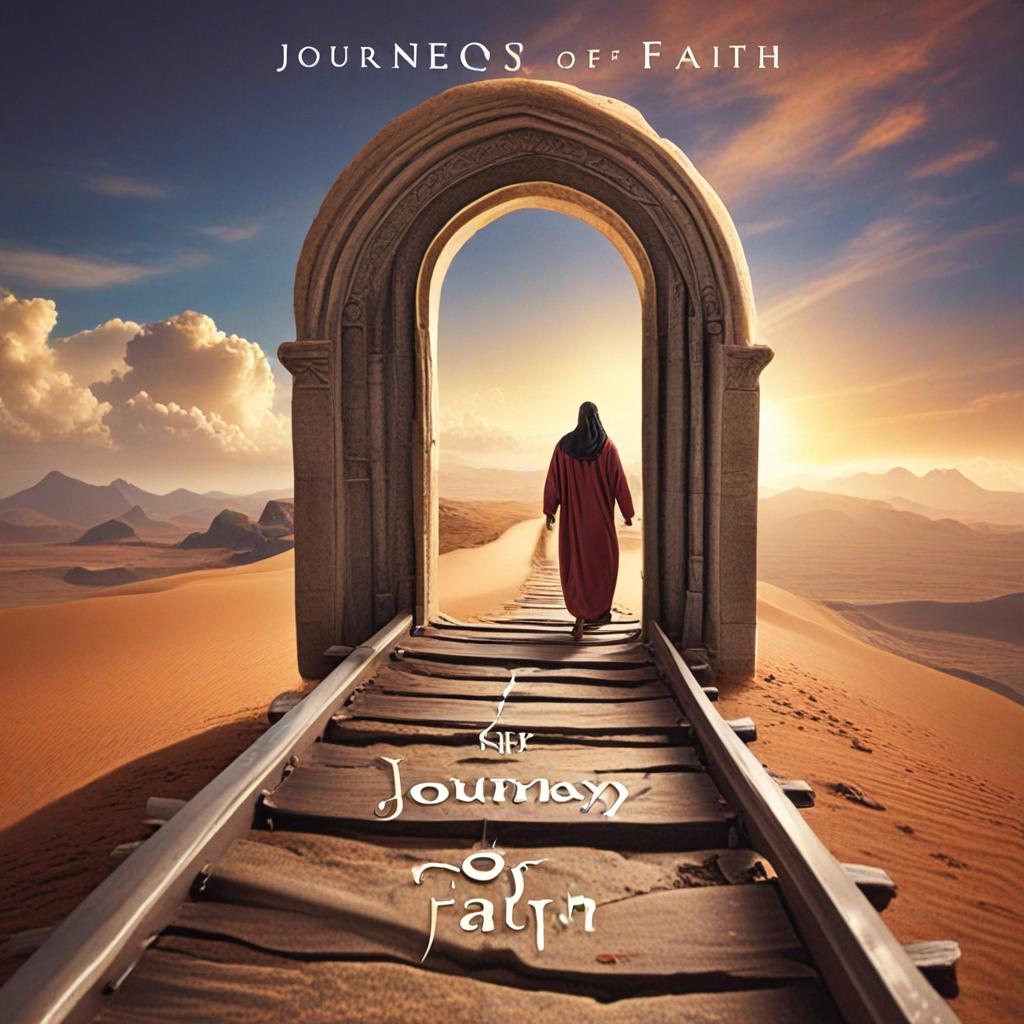
In the bustling city of Gujrat, nestled in the heart of Pakistan, tradition and modernity coexisted in a delicate balance. The city was a blend of old bazaars, historic mosques, and new high-rises, where the call to prayer echoed five times a day, guiding the rhythm of life.
Amid this vibrant tapestry lived Ahmad, a young man of twenty-five, deeply rooted in his faith and the cultural heritage of his ancestors. Ahmad's family had lived in Gujrat for generations, their lineage tracing back to the Mughal era. They were known for their piety, with his grandfather, Baba Jan, being a revered elder in the community, often sought for advice on religious matters.
Ahmad was the eldest son in his family, and with this position came a sense of responsibility that weighed heavily on his shoulders. His father, Haji Karim, had passed away when Ahmad was just a boy, leaving Baba Jan to guide him through life. Ahmad revered his grandfather, not just for his wisdom but for the unwavering strength of his faith.
Baba Jan often recounted stories from Islamic history, instilling in Ahmad a deep respect for the sacrifices of those who came before them. One such story was about Imam Hussain, whose stand at Karbala symbolized the ultimate act of faith and resistance against tyranny. These tales weren't just history lessons; they were the moral compass by which Ahmad navigated his life.
Ahmad worked as an engineer at a local firm, where he balanced his professional life with his religious obligations. The office was a microcosm of the city itself, with people of various backgrounds working together. Despite the diversity, there was a common thread that bound them all – their identity as Muslims and their shared cultural heritage.
One of Ahmad's closest colleagues was Bilal, a man of similar age but different temperament. Bilal was more liberal in his views, often questioning traditional practices and advocating for a modern interpretation of Islam. Despite their differences, Ahmad and Bilal shared a deep bond, forged through mutual respect and countless discussions about faith, culture, and the future of their country.
Their conversations were often animated, especially during their lunch breaks. They would sit in the office cafeteria, debating over cups of chai. Bilal believed that Islam needed to evolve with the times, adapting to the modern world without losing its core values. Ahmad, on the other hand, felt that the essence of their faith was timeless and should be preserved as it was practiced by their ancestors.
One Friday, as they walked to the mosque for Jumu'ah prayers, their discussion turned to the topic of community and charity. Bilal argued that while individual acts of charity were important, structural changes were needed to address the root causes of poverty and inequality. Ahmad agreed but emphasized the importance of personal accountability and the role of the individual in bringing about change.
The sermon that day was about the importance of unity and the spirit of Ramadan, which was just a few weeks away. The imam spoke of the need for the community to come together, to support one another, and to reflect on the true meaning of sacrifice and devotion.
As they left the mosque, Ahmad felt a renewed sense of purpose. He decided that this Ramadan, he would go beyond his usual acts of charity and try to make a more significant impact. He discussed his plans with Baba Jan, who suggested organizing a community iftar (the meal to break the fast) for the less fortunate.
With Bilal's help, Ahmad began to mobilize resources and volunteers. They approached local businesses, seeking donations of food and money. The response was overwhelmingly positive, reflecting the strong sense of community that characterized Gujrat.
As the days of Ramadan passed, the iftar gatherings grew in size and spirit. People from all walks of life came together to break their fast, share stories, and support one another. Ahmad saw firsthand the power of collective effort and the strength of their faith in action.
One evening, as they were preparing for the iftar, Ahmad noticed a young boy standing at the edge of the crowd, looking longingly at the food. Ahmad approached him and learned that the boy, named Ali, was an orphan living with his grandmother. They struggled to make ends meet and often had to go without food.
Ahmad was deeply moved. He brought Ali and his grandmother to the front of the line, ensuring they received enough food. He also made a mental note to visit them later and see how else he could help. This small act of kindness resonated deeply with Ahmad, reinforcing his belief in the importance of community and compassion.
As Ramadan came to an end, Ahmad reflected on the journey. He had learned that faith was not just about personal piety but also about action, about making a tangible difference in the lives of others. He had seen how the teachings of Islam, when applied with sincerity and compassion, could bring people together and create a stronger, more cohesive community.
Ahmad's relationship with Bilal also evolved. They realized that their differing perspectives were not a source of division but a strength. Their debates enriched their understanding of Islam and how it could be lived in the modern world.
On the last night of Ramadan, as the moon sighting for Eid was announced, the city of Gujrat buzzed with excitement. Ahmad stood with his family and friends, looking at the crescent moon. Baba Jan placed a hand on his shoulder, a gesture of pride and love. Ahmad knew that the journey of faith was ongoing, a path that required constant reflection, learning, and action.
In that moment, under the moonlit sky of Gujrat, Ahmad felt a profound sense of peace. He understood that being a Muslim was not just about rituals and traditions but about embodying the principles of justice, compassion, and community in everyday life. It was a lesson he would carry with him, guiding him in his journey ahead, and one he hoped to pass on to future generations, just as Baba Jan had done for him.
About the Creator
Enjoyed the story? Support the Creator.
Subscribe for free to receive all their stories in your feed. You could also pledge your support or give them a one-off tip, letting them know you appreciate their work.





Comments
There are no comments for this story
Be the first to respond and start the conversation.